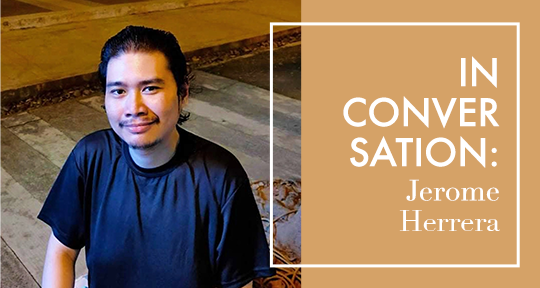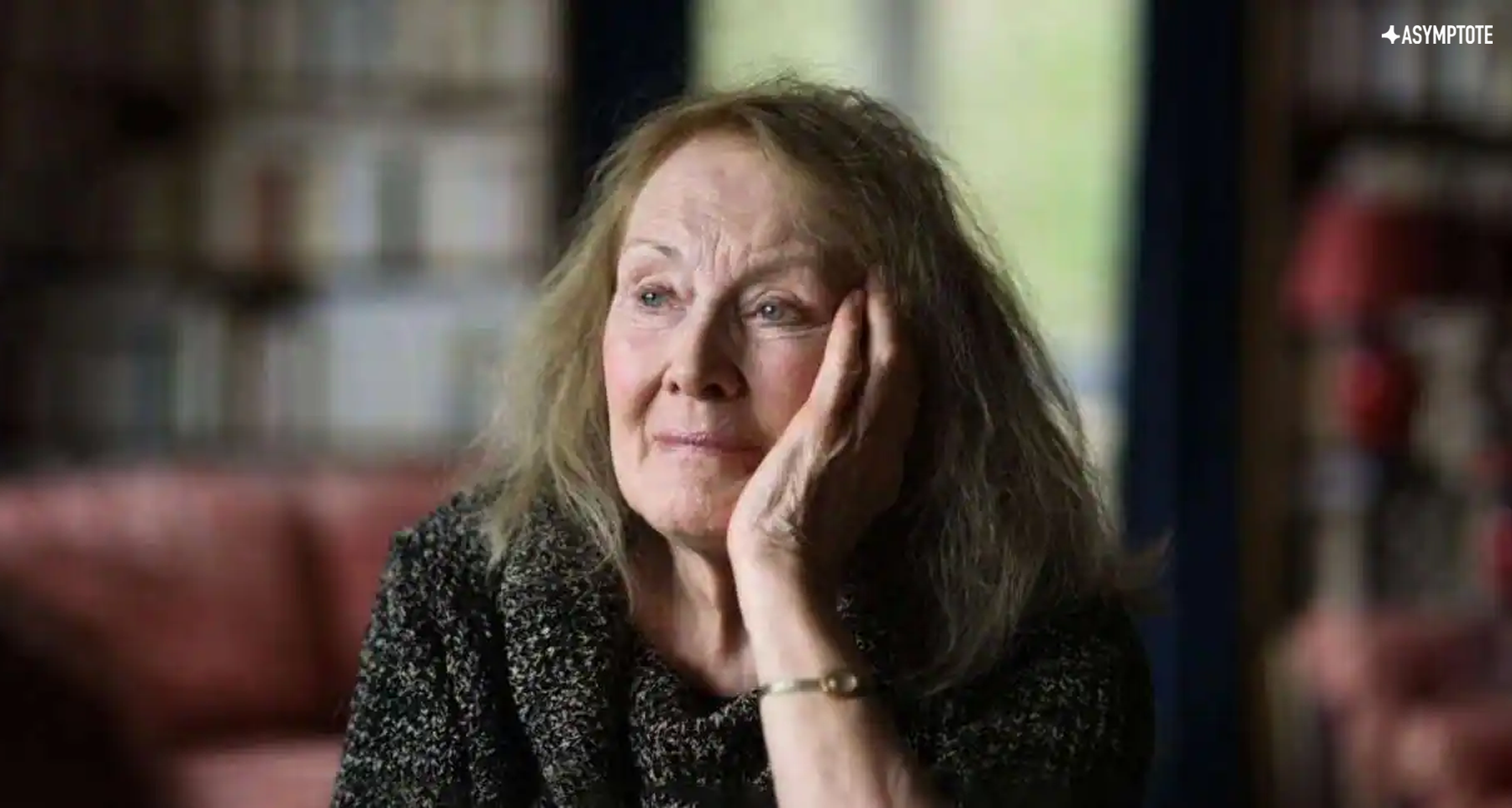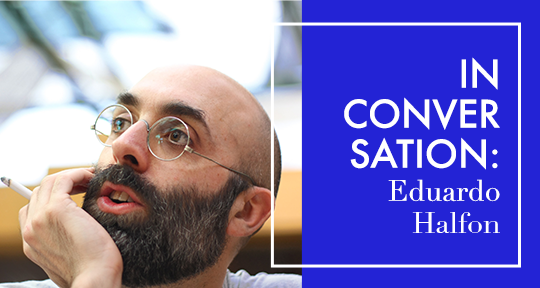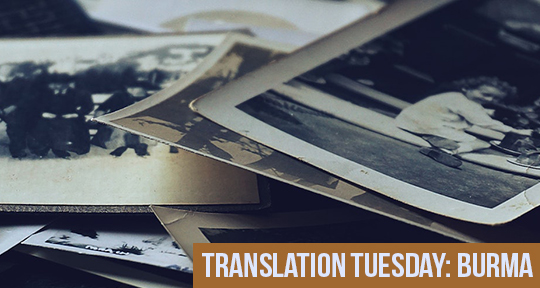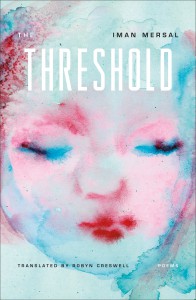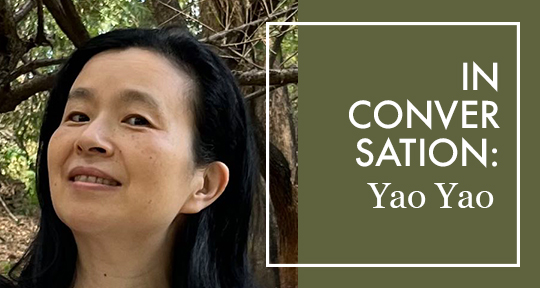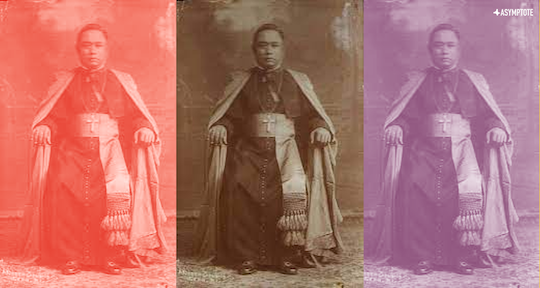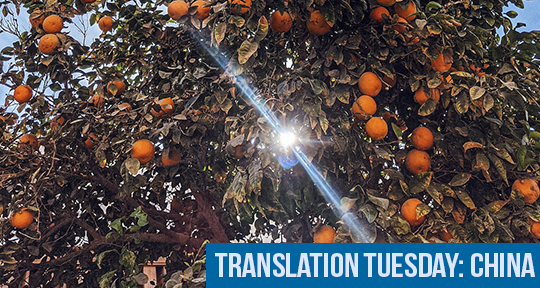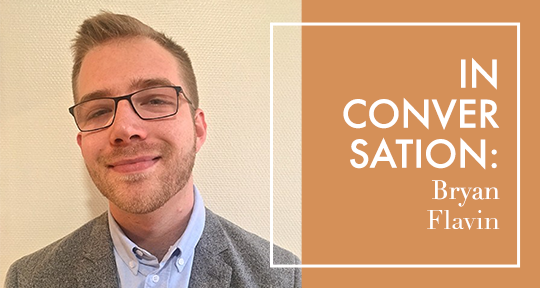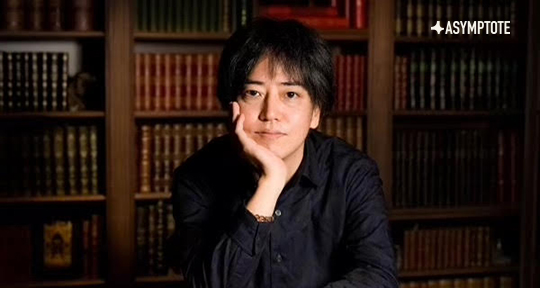When asked why he translated Antoine de Saint-Exupéry’s classic The Little Prince into his native tongue, Jerome Herrera had this to say: love of, pride for, and respect to the Chavacano language. A hypernym for the several varieties of Asia’s only Spanish-based creole, Chavacano is reportedly spoken by almost a million Filipinos as their first language. Among these varieties are Chavacano de Caviteño (or “kitchen Spanish,” as Jose Rizal called it in a work by Gina Apostol), the now-extinct Chavacano de Ermiteño (once spoken in the Manila neighbourhood of Ermita), Chavacano de Ternateño or Bahra (a Ternate municipality in Cavite Province), Chavacano de Cotabateño (Cotabato City), Chavacano de Abakay (Davao City but presumed to be extinct), and Chavacano de Zamboangueño, the native tongue to almost half a million people—mostly in Zamboanga City where Herrera grew up.
In contemporary history, Herrera’s is the fourth translation of The Little Prince into a Philippine language, which first appeared in Tagalog-based Filipino (by Lilia F. Antonio in 1969 and then Desiderio Ching in 1991), then the Central Bikol or Bikol Naga language (by Fr. Wilmer S. Tria in 2011). Most of these titles, I suspect, are translations from the English—translations of translations.
In this interview, I asked Herrera about El Diutay Principe, his translation into the Zamboangueño Chavacano of Saint-Exupéry’s novella, devising a practical orthography towards a language that is departing from its original Castilian Spanish meaning, and other geolinguistic issues in translating into the mother tongue.
Alton Melvar M Dapanas (AMMD): Growing up, how was the Chavacano language instilled in you? Was it taught in school?
Jerome Herrera (JH): My elementary school days were not very favorable towards the Chavacano language because I studied at a Christian school, where speaking it in class was discouraged. I guess this was a time in the nation’s history when they were trying very hard to promote Tagalog—I won’t call it Filipino for political reasons—as the national language.
Even with my inauspicious beginnings, I grew up with Chavacano all around me. At home, my dad would listen to radio news programs and watch TV news programs in Chavacano all the time and occasionally, I would even hear mass in Chavacano. At the public high school I went to, Chavacano was used heavily by the teachers (as a medium of instruction) as well as students; however, I had already become used to speaking only Tagalog at school and, after six years, the fear of getting reprimanded for speaking Chavacano was heavily embedded in my mind.
Even in college, I had a hard time accepting the fact that speaking Chavacano was allowed in the classroom, but during this time, I had already slowly begun speaking Chavacano with some friends and even with teachers. So until the age of twenty, I had mostly spoken it only at home and with family. The Chavacano subject was reintroduced in schools only in 2012.

